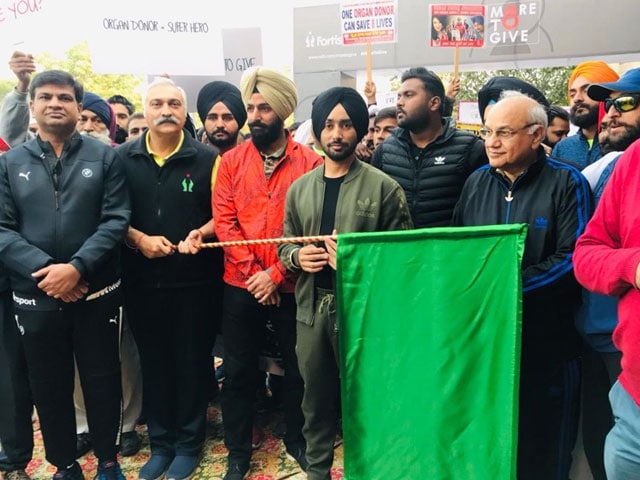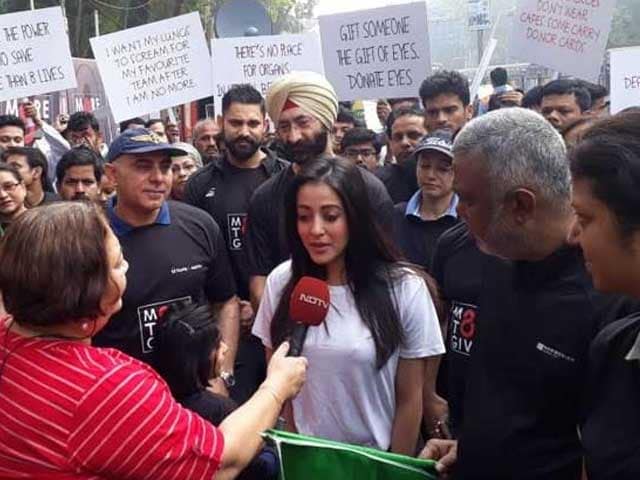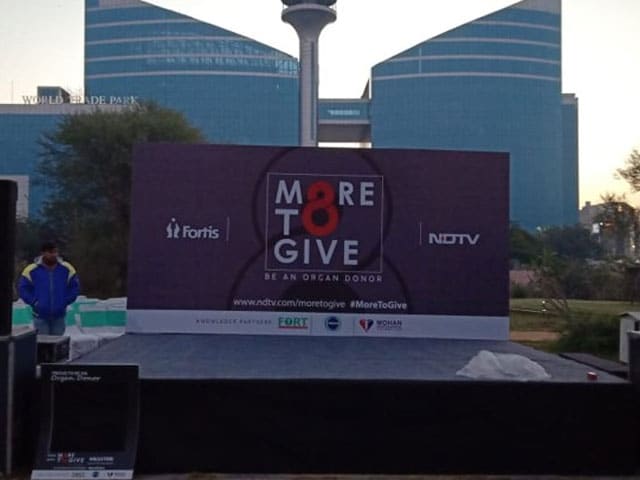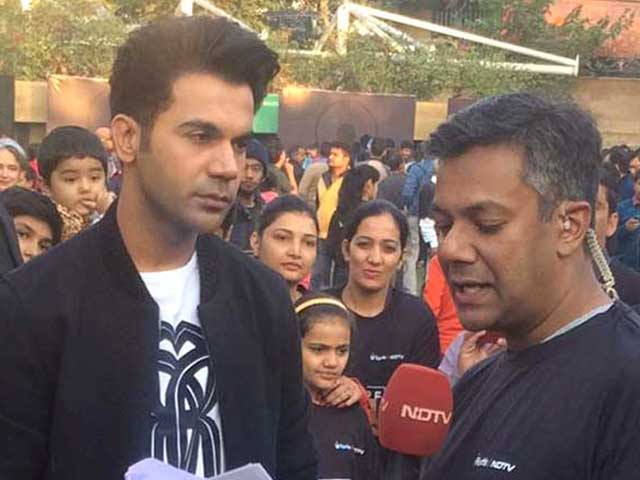
Mumbai: November 18 was an important day for a team of surgeons at the New Era Hospital in Nagpur. It was not the first time that the team was gearing up for an organ transplantation. However, the organ transplant that was to take place was a first in the medical history of the city. It was a dual or twin transplantation which means that a patient was getting a new lease of life by receiving two organs on the same day. A 23-year-old road accident victim donated his liver and kidney to a 45-year-old male diabetic patient, in surgery that went on for more than 11 hours.
The 23-year-old was on his way home on his two-wheeler when a truck collided with his vehicle. He suffered several injuries on his body including his brain. Doctors at the New Era Hospital tried to save his life but he succumbed to injuries and was declared brain-dead by neurosurgeon Dr Nilesh Agarwal.
Also Read: Organ Donation: Misconceptions Are Hindrances In Mobilising People To Donate Organs, Finds A Study
When doctors and councilors at the hospital told his family about the option of donating the deceased’s organs, his grieving kin agreed to donate his heart, two kidneys and liver. However, the heart was wasted due to lack of logistical support from Regional Organ and Tissue Transplant Organisation (ROTTO) (a body that functions as regional centre for activities of coordination and networking for procurement and distribution of organs and tissues and registry of Organs and Tissues Donation and Transplantation) in Mumbai and Chennai.
No patient required a heart in Nagpur as per the record maintained by the Zonal Transplant Coordination Centre (ZTCC). We first approached the ROTTO in Mumbai and found a matching donor however the staff said that the organ would be airlifted only the next morning which would mean eight hours after the heart is harvested. Then we turned to the ROTTO in Chennai and they expressed the same concerns. Since a heart has shelf life of only four hours it was wasted. Logistical support is a big hurdle coming in the way of bridging the gap between demand and supply of organs in India, Dr Ravi Wankhede, Secretary of ZTCC tells NDTV.
Fortunately, a patient registered with the ZTCC awaiting two organs was already admitted at the New Era Hospital. While one kidney and liver were given to the diabetic patient, the other kidney was transplanted to a patient admitted at the Orange City Hospital and Research Institute (OCHRI).
Nagpur Makes History, Transplants Liver And Kidney In One Patient
As soon as the tests were conducted to match the organs, the doctors prepped the patient with a history of diabetes. The surgery began with transplanting the liver first. The surgery was more complicated compared to a conventional transplant and hence it took the surgeons nearly 8-9 hours for the liver transplant. Once the liver was given to the recipient, another set of doctors performed the kidney transplant within a period of 3-4 hours. Overall the surgery went on for more 11 hours.
Talking to NDTV about how a dual transplant surgery is different from a conventional organ transplantation, Dr Rahul Saxena, one of the surgeons who performed the surgery, says,
A dual transplant is always more complicated and riskier compared to a single organ transplantation. In a surgery where only one organ is transplanted, the other organs are functioning in a healthy state and so the doctors don’t have to worry about posing any risks to other organs except the organ that is being transplanted. In a dual transplant, doctors have to ensure that a surgery on one organ isn’t affecting the other weaker organ to avoid risks.
In case of the 45-year-old recipient, his liver and kidney were both affected due to diabetes. So if the doctors would perform a single transplant, one of his organs would be at risk says Dr Saxena,
If we would be transplanting only liver, the anesthesia given would affect the kidney in the long term and vice-versa. So, transplanting both the organs was necessary in this case as soon as the anesthesia was given. To prevent anesthesia from affecting the kidney that was to be transplanted post liver, the doctors had to perform the surgery as quickly as possible. The surgery was successful and the recipient of the two organs is doing fine.
While a dual transplant surgery is complicated and involves risks, the post-surgery complications are less when compared to the single organ transplant. Elaborating on the same Dr Saxena adds,
Liver is a very vascular organ. The hepatic vascular system is dynamic, meaning that it has considerable ability to both store and release blood – it functions as a reservoir within the general circulation. Thus, it acts as the elder brother of kidney and takes care of it. So post-surgery, the newly transplanted kidney would be healthy. As for the liver, the risks are the same as conventional liver transplant.
With the dual organ transplant, Nagpur has conducted a total of 52 kidney and 14 liver transplantations since 2013.
NDTV – Fortis More To Give campaign aims to promote organ donation and encourage Indians to take the pledge to be an organ donor. India has among the lowest rates of organ donation in the world at 0.5 donor per million population, which is far less compared to over 30 donors per million in some western countries. On an average, five lakh Indians die every year unable to get an organ transplant in time due to the shortage of organs. Every year on National Organ Donation Day on November 27, a Walkathon is organised across different cities of India to raise awareness, bust myths about organ donation and encourage people to become organ donors. Over the years, the campaign has gathered support from celebrities like actor Irrfan Khan, Swara Bhasker, Gul Panag and Former Indian Hockey Captain Sandeep Singh.
Disclaimer: Any medical information published on the website is intended for use as information or for educational purposes and should not be considered as medical advice or in any way an endorsement for an individual to make organ donations. Interested donors must seek appropriate professional medical advice in relation to the process, legal formalities and health risks involved with respect to organ donation and form their independent decision.









